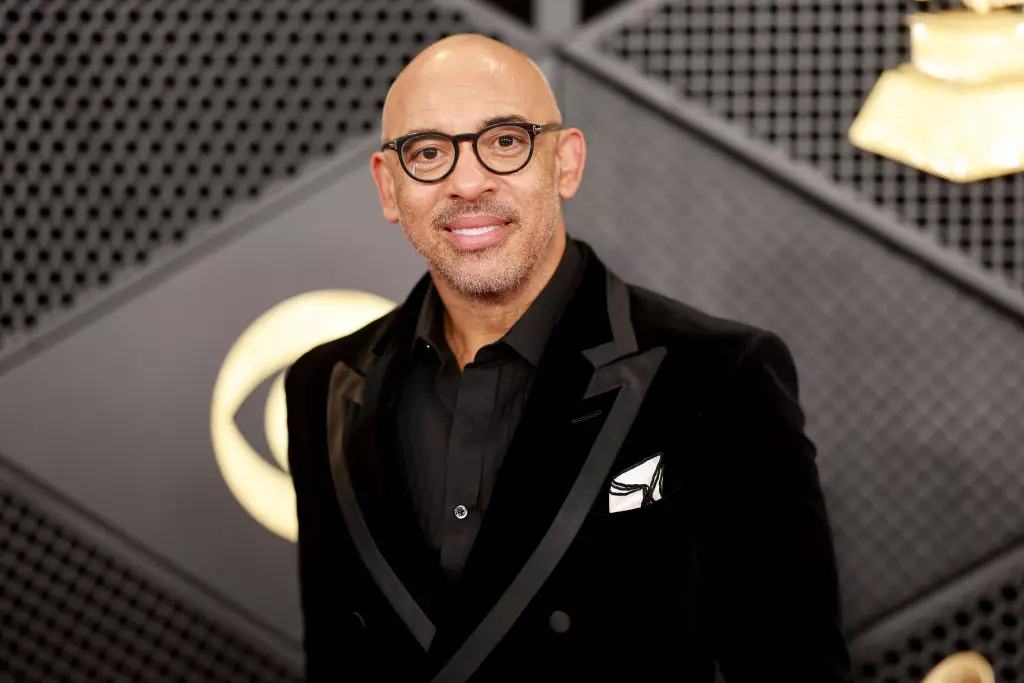The music industry is currently facing a significant shift with the rise of artificial intelligence (AI) technology. Harvey Mason Jr., CEO of the Recording Academy, recently announced that the Grammy Awards will now accept music created with AI. This decision has sparked a debate within the industry about the implications of AI on creativity, copyright, and royalties.
While AI has the potential to revolutionize the music-making process by assisting in tasks like mastering and equalizing sounds, many musicians and industry professionals are expressing concerns about the use of AI in creative endeavors. Some artists fear that AI could replace human creativity and lead to the unauthorized use of their work.
Musician Devante, the Artist, strongly believes that AI should not be involved in music production and should be limited to simple daily tasks. He expresses the sentiment shared by many artists who feel threatened by the potential for AI to replicate their unique artistic style and usurp their creative identity.
The integration of AI in music poses several challenges, including ensuring that artists receive proper credit and compensation for their work. There is a pressing need for regulations and guidelines to address issues such as copyright infringement and protecting artists from unauthorized use of their likeness by AI technology.
Harvey Mason Jr. has been proactive in advocating for more protections for artists in the face of AI advancements. He co-launched the Human Artistry Campaign and supported legislation such as the ELVIS Act and the No AI Fraud Act to safeguard artists’ rights in the digital age.
As AI technology continues to evolve, the music industry must adapt to ensure that creators are not marginalized or exploited. The recent incidents involving unauthorized AI creations using artists’ voices underscore the urgency of establishing clear guidelines and safeguards against AI-generated content.
While some view AI as a threat to traditional music-making processes, others see it as an opportunity for innovation and collaboration. The key is to strike a balance between embracing technological advancements and preserving the integrity of human creativity in music.
Looking ahead, it is essential for the music industry to navigate the complex terrain of AI integration thoughtfully. Artists, industry professionals, and policymakers must work together to establish ethical standards and best practices for AI usage in music production.
As Harvey Mason Jr. aptly states, humans have a history of adapting to new technologies and finding ways to create great music. By approaching AI with a mindset of innovation and collaboration, the music industry can harness the potential of technology while upholding the values of creativity and artistic expression.

